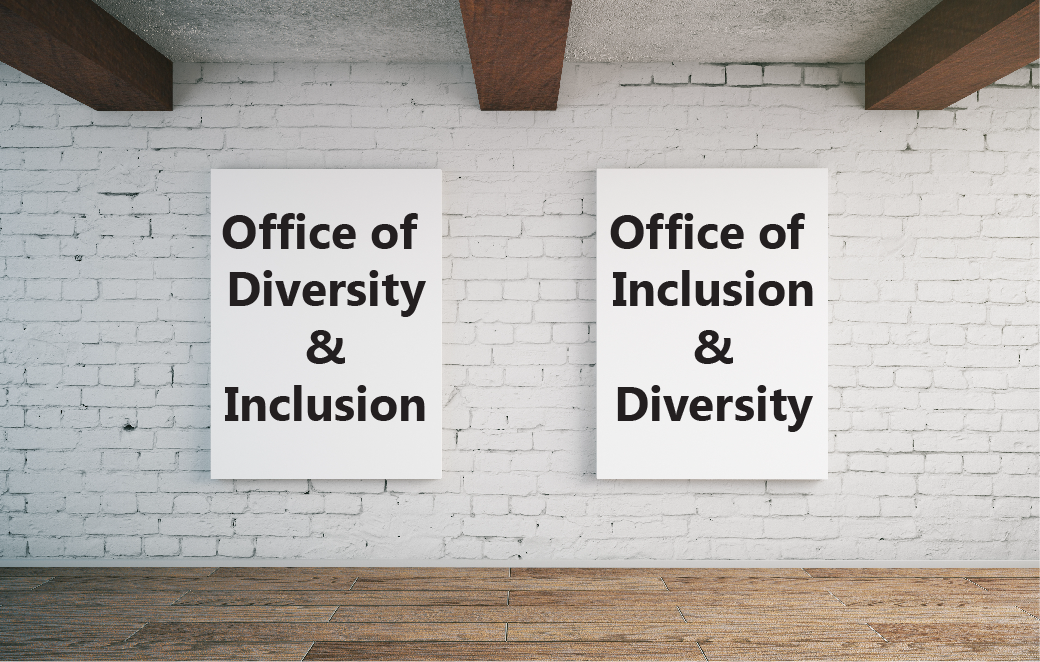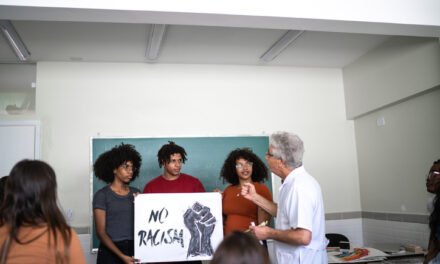
How many times have we seen organizations jump on the DEI “bandwagon,” making commitments to investing in equity, diversifying the workforce, or creating inclusive environments … only to retreat due to changes in time, fiscal, or policy priorities? In the wake of COVID-19 and the highly televised murders of George Floyd, Breonna Taylor, and Ahmaud Arbery, organizations nationwide flooded their ranks with mandated trainings and diversity-infused values statements. This “diversity bombing” was swift but unfortified and has left much to be desired by BIPOC folx who are still facing racial injustice at work today.
Recent reports describe how many of those organizations that made commitments to DEI and racial justice in the aftermath of George Floyd protests have since withdrawn this work and even laid off DEI professionals.
We see the issue of racism at work has not gone away. Just in August 2023, a Black man who worked as a co-captain of a riverboat in Montgomery, Alabama, was attacked by a white patron for being asked to move an illegally docked boat. Turning into a full-on brawl between the patron’s accompanying party and other Black bystanders coming to the defense of the riverboat captain, this incident demonstrated the undeniable violence of racism that he, like so many others, faced while doing his job.
Underscoring the physiological effects of racism in the workplace, MIT Libraries’ Alexia Hudson-Ward discussed the passing of two Black women university presidents in September. Speculated as stress-related deaths, concerns about the toll senior-level positions and their inequitable expectations have on Black women and other BIPOC folx is harrowing.
Furthermore, we are beginning to see an attack on DEI nationwide with several states legislating bans and organizations eliminating DEI roles and budgets. The fallacy in plans toward racial justice established by many organizations is the assumption that this work has a quick fix —“a few trainings here, hire a Chief Diversity Officer there, and we are now an equitable and just organization!” This notion couldn’t be further from the truth. Justice work takes time. Any change to culture that has been embedded over decades (and centuries) will take time.
Consider this: Someone has experienced an injury that results in what appears to be a broken bone. They would need to be examined and provided with a treatment plan, then they must follow the treatment plan, and then pursue healing. This will be a process — one that may include some discomfort or pain, and even as the person begins to heal, there may be residual scars or other limitations to range of motion and so on. What’s clear, however, is that a length of time (and change) is inevitable.
Similarly, organizations pursuing racial justice must engage in a process wherein they identify the injury (the root causes of injustice), develop and implement a treatment plan (address the root causes while grappling with the discomfort and pain), and then provide the time and resources for healing to happen (respect and honor the needs of those impacted by injustices in your workplace).


















